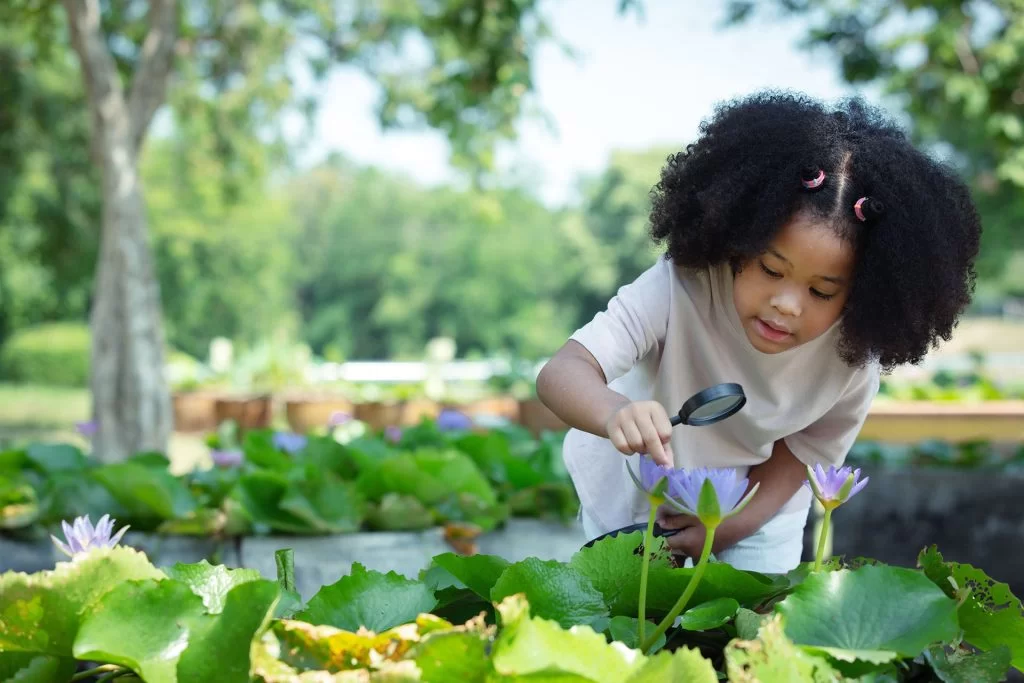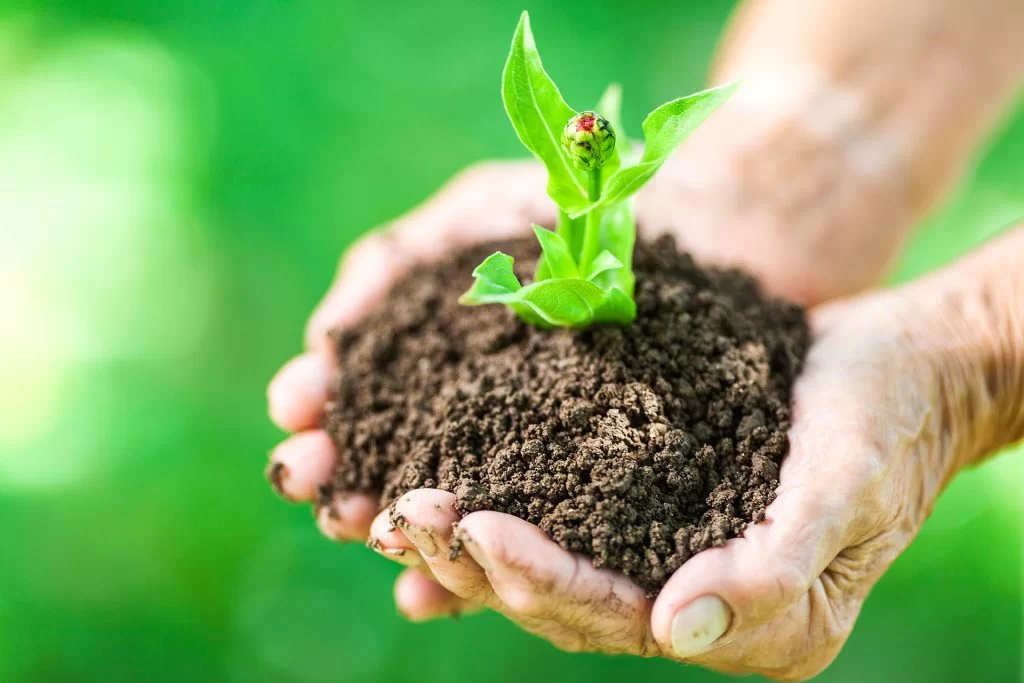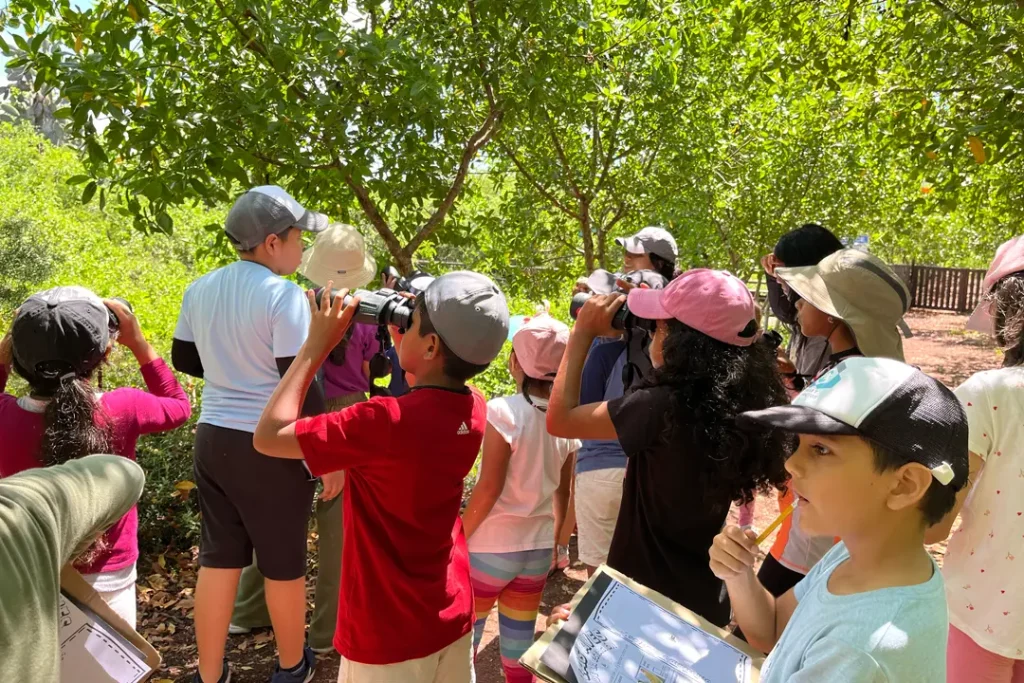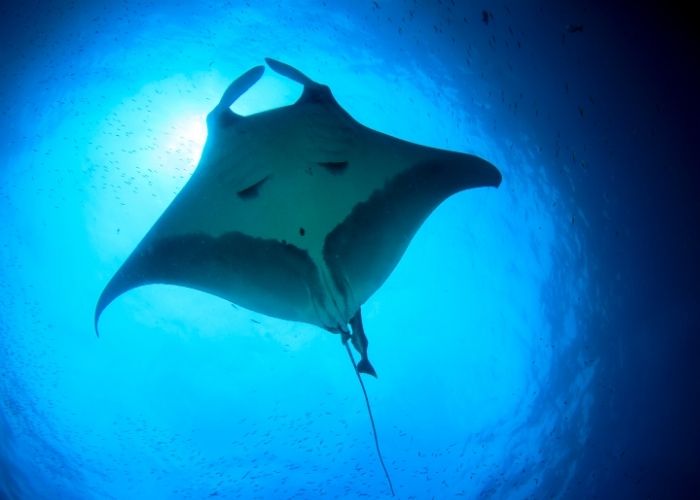We need to conserve soil for our survival
We celebrate International Soil Conservation Day every 7th of July. This day was established in 1963 to honor Dr. Hugh Hammond Bennet. He was an American scientist who is considered a pioneer for soil conservation. Dr. Bennet spent his entire career researching the effect of soil quality and its productivity on the biosphere.
The celebration aims to bring attention to the importance of soil health for human and ecosystem health. Healthy soils are essential for our livelihood and nutrition, but poor agricultural practices and inefficient waste management have depleted them. The right of communities to a healthy, natural environment is supported by maintaining the ecological balance on our planet. We face disastrous consequences such as global heating and desertification when we do not take the necessary measures to compensate and mitigate for damage to our soils and oceans. Jorge Carrion is our Director of Conservation. He pointed out that International Soil Conservation Day reminds us of our collective responsibility in protecting and conserving our environment. On this day, individuals and communities come together to promote conservation and sustainable practices. Every action counts. We must all work together to protect our soils and food sources.
What Can We Do to Protect the Environment?
Following the Three Rs principle of reduce, reuse and recycle is one of the best ways to minimize your environmental impact. By reducing the use of disposables and choosing reusable products, we can reduce our waste. Recycling materials like paper, plastics, glass and metal can also reduce the pressure on landfills and our natural resources.
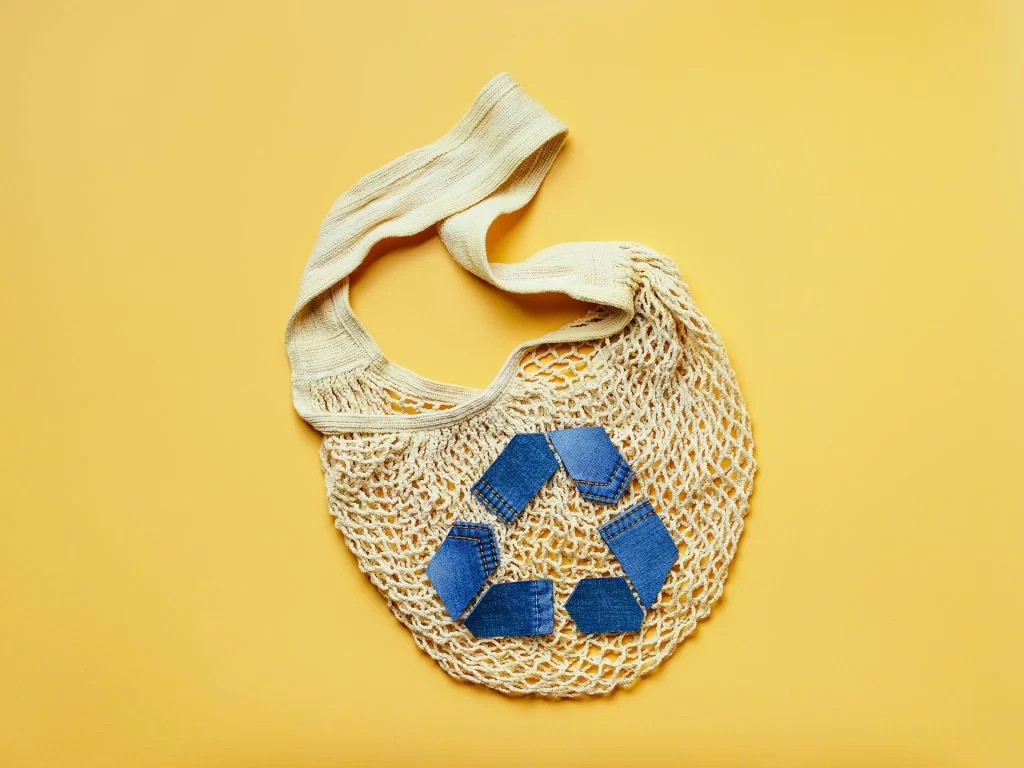
2. Conserve Water
Water conservation is essential for our planet’s health. Water-efficient devices and appliances, such as shorter showers and repairing leaks promptly, can make a big difference. Rainwater collection for garden irrigation reduces our dependency on freshwater.
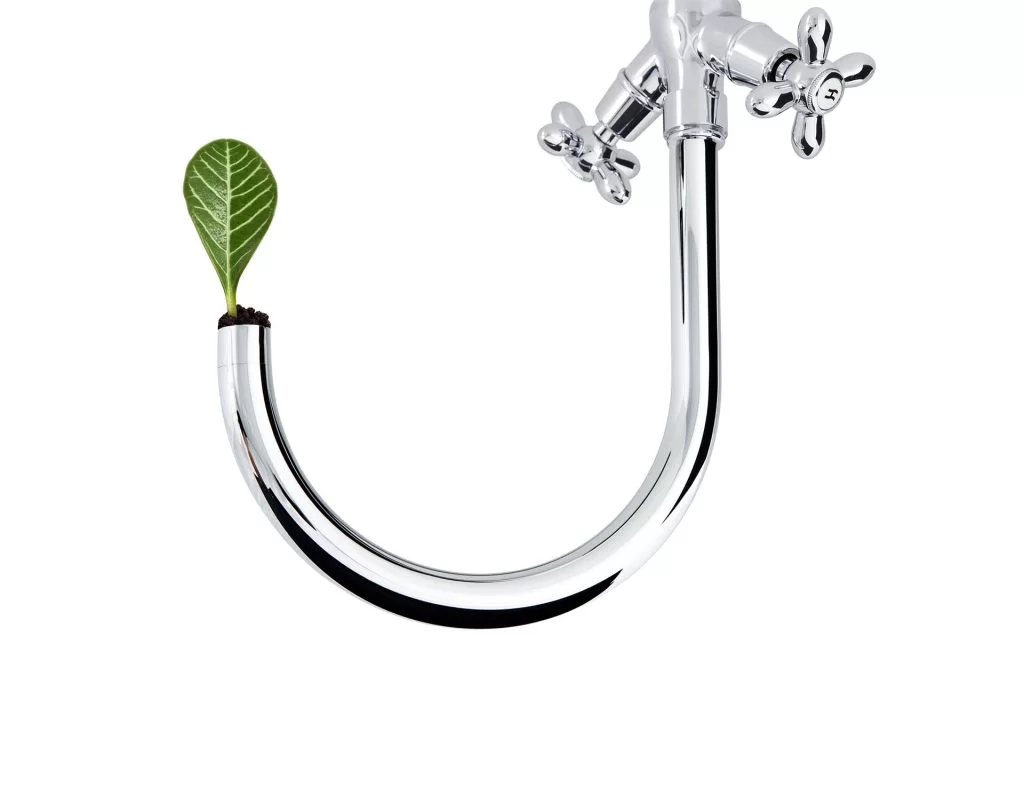
3. Use Energy Wisely
Conservation is Vital for the Environment. By practicing energy-saving practices, we can reduce our carbon foot print. For example, turning off lights, appliances, and thermostats when they are not in use. Solar panels and other renewable energy sources contribute to a sustainable energy future.

4. Support Sustainable Food Choices
The food we choose has a significant impact on the environment. We can reduce our carbon footprint by choosing locally-sourced organic food and supporting sustainable farming practices. Reduced meat consumption, as well as choosing sustainable seafood, can help reduce the environmental impact associated with food production. This includes deforestation, overfishing, and deforestation.
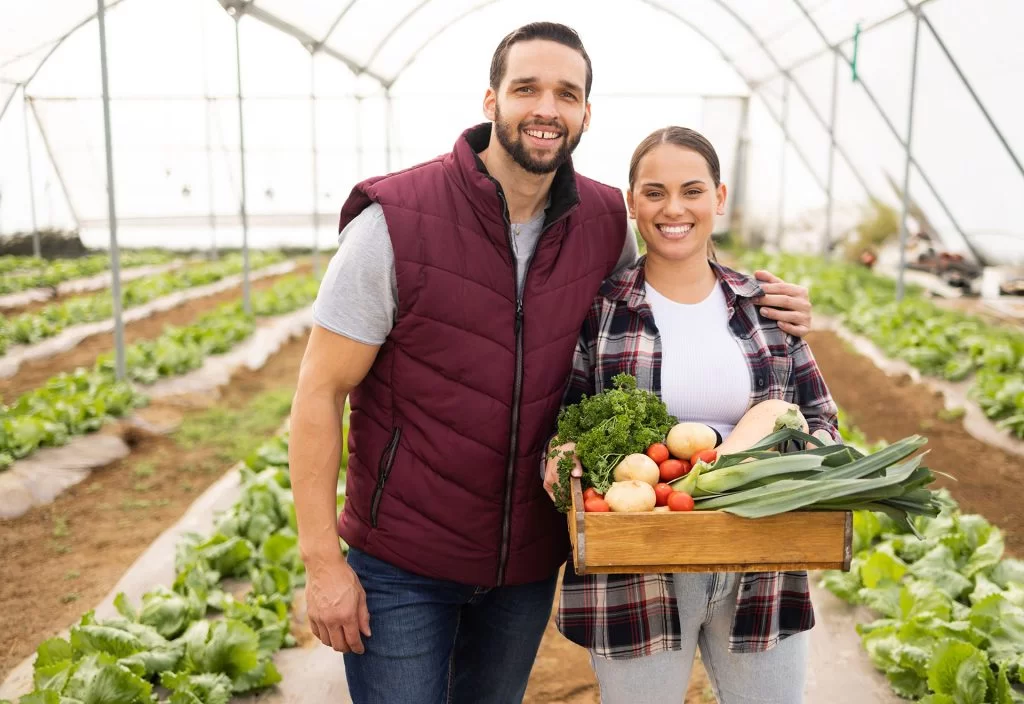
5. Protect Natural Habitats & Wildlife
Conservation and protection of wildlife is fundamental to conservation efforts. Volunteering or donating money to organizations working tirelessly to protect endangered species and conserve biodiversity is a way for individuals to contribute. We can protect our planet by avoiding harmful activities, such as illegal wildlife trade and habitat destruction.
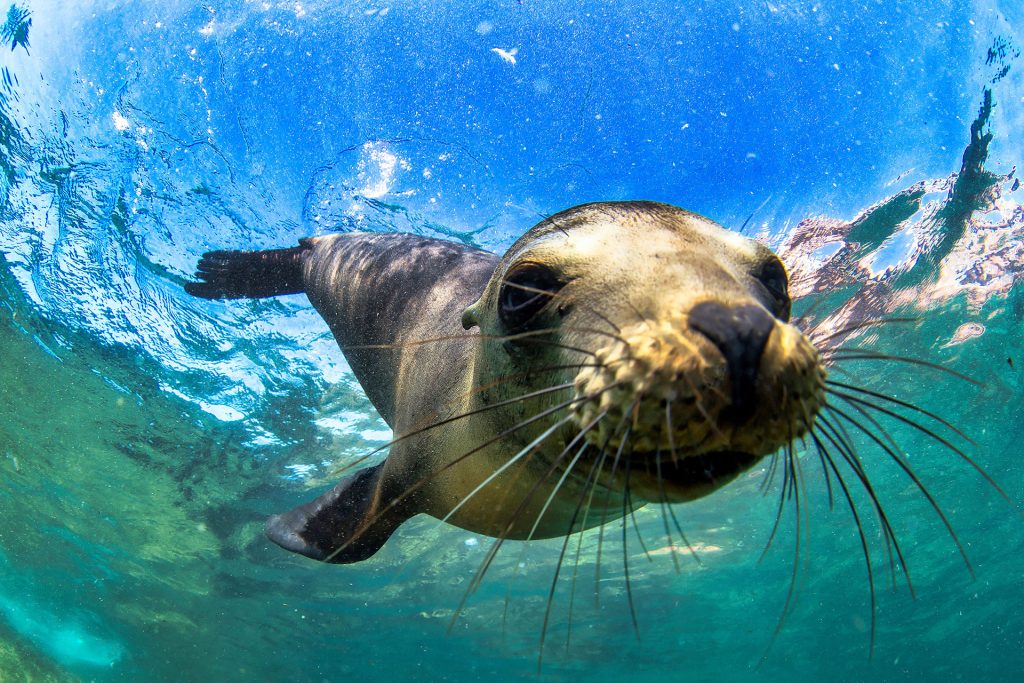
Environmental Education: Its impact on soil conservation
We reflect on our collective responsibility to protect the planet for future generations. Environmental education is crucial in raising awareness, empowering people and encouraging them to adopt sustainable practices. We can increase soil knowledge by integrating environmental education in school curricula and encouraging citizen participation.
Galapagos Conservancy believes in the power education programs and awareness campaigns in engaging the community in soil conservation, promoting sustainable practices, strengthening environmental conservation.
Celebrate Earth Day by working together for a sustainable and healthy future!
